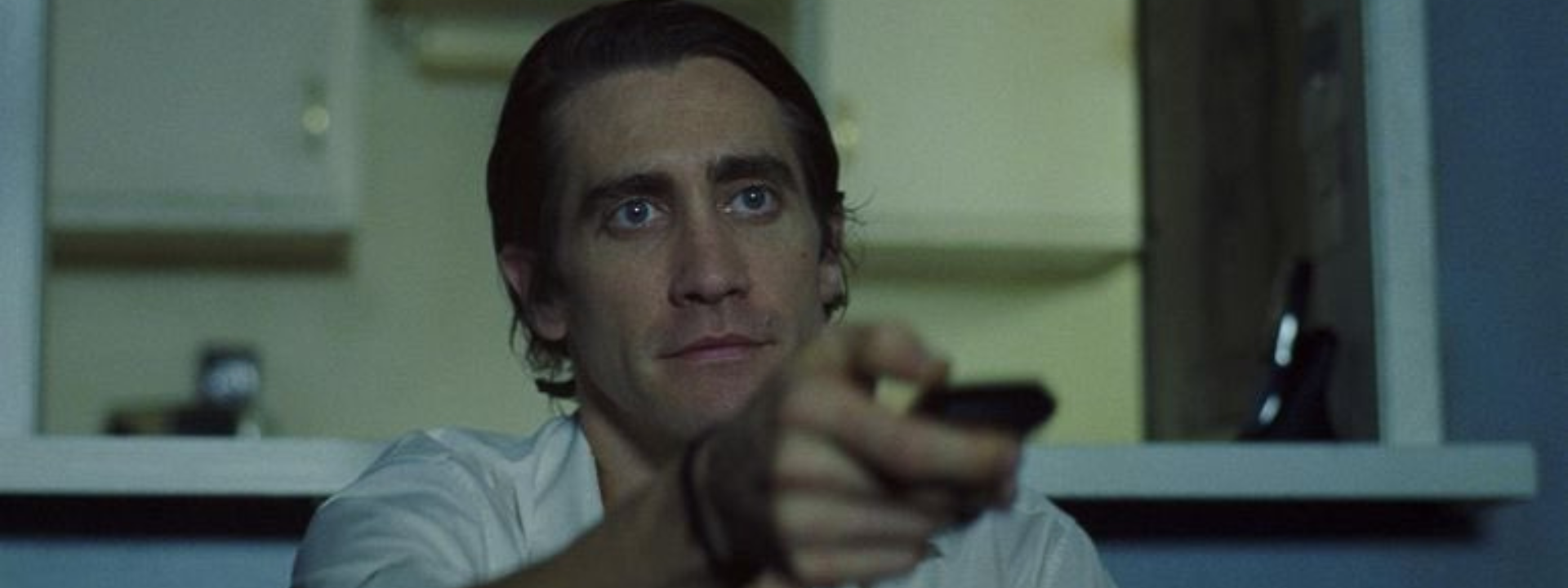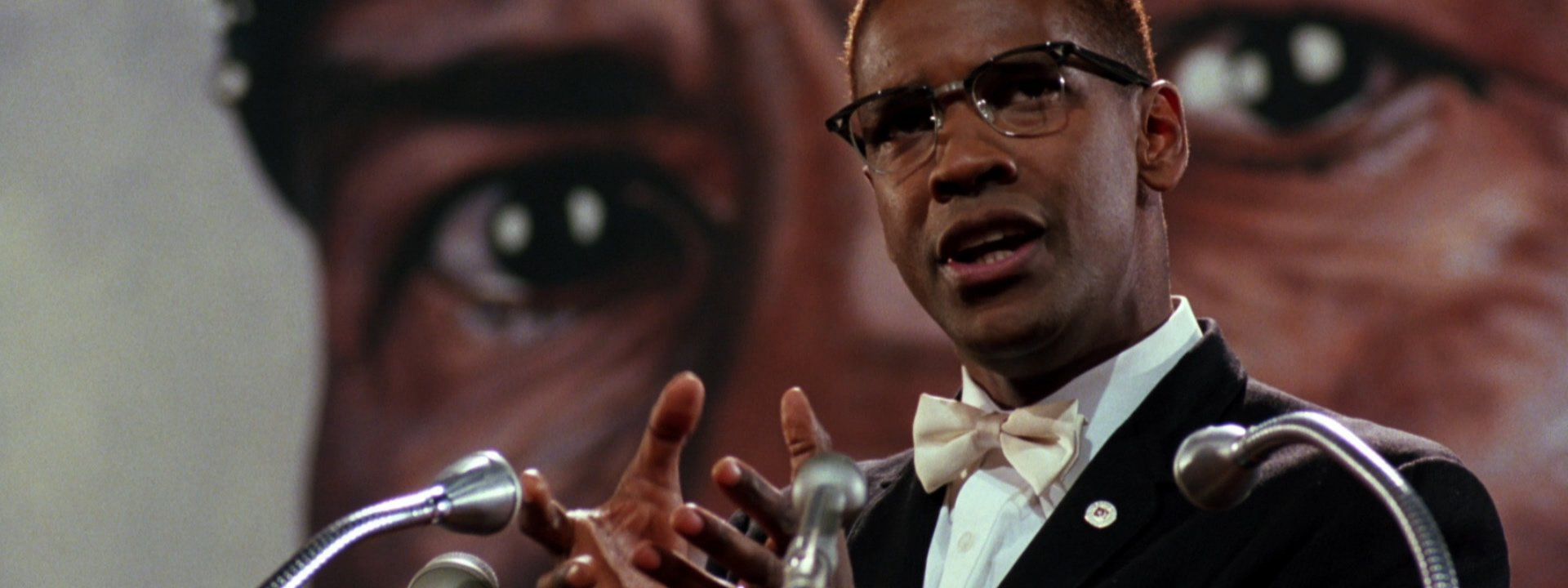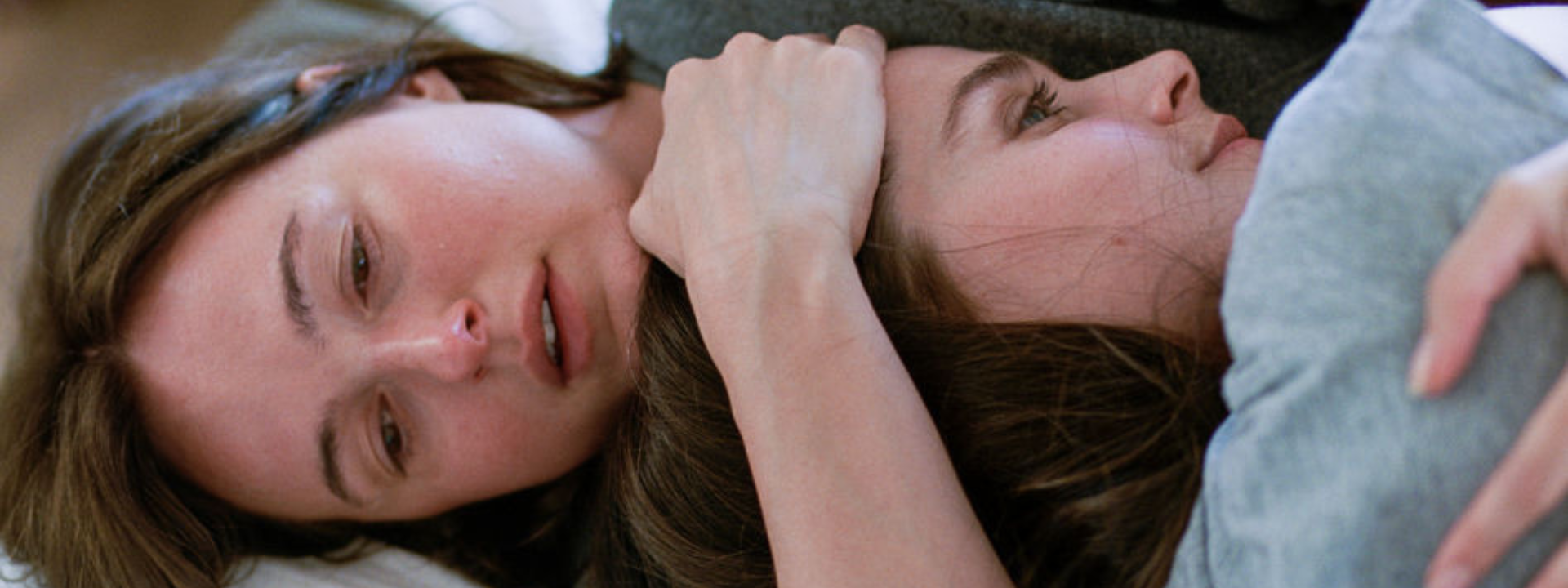Ethan Hawke's WILDCAT: Finding Flannery

Directed and co-written by four-time Academy Award® nominee Ethan Hawke, WILDCAT invites the audience to weave in and out of celebrated Southern Gothic writer Flannery O’Connor's mind as she ponders the great questions of her writing: Can scandalous art still serve God? Does suffering precede all greatness? Can illness be a blessing? In 1950, Flannery (Maya Hawke) visits her mother Regina (Laura Linney) in Georgia when she is diagnosed with lupus at twenty-four years old. Struggling with the same disease that took her father’s life when she was a child and desperate to make her mark as a great writer, this crisis pitches her imagination into a feverish exploration of belief. As she dives deeper into her craft, the lines between reality, imagination, and faith begin to blur, allowing Flannery to ultimately come to peace with her situation and heal a strained relationship with her mother.
A LETTER FROM THE DIRECTOR

“The inspiration for WILDCAT came many years ago, when my daughter, Maya, was trying to find an audition piece for Juilliard. She wanted something unique and instead of turning to Shakespeare or Chekov, she assembled a monologue from entries in O’Connor’s Prayer Journal, a personal diary Flannery had written in her youth. When Maya stood in the kitchen and performed it for our family, it blew us away. She was accepted to Juilliard and ever after it seemed Flannery served as a personal touchstone.
After the success of Stranger Things, Maya met with Joe Goodman, the rights holder to Flannery’s life & works, and wanted to hire my producing partner and wife Ryan and I to help her make a movie about Flannery O’Connor. My heart soared.

It presented us with a challenge: Is there a cinematic way to tell the story of Flannery O’Connor? Instead of trying to make a traditional cradle-to-grave biopic, I set out, with my writing partner Shelby Gaines, to use the work of Flannery O’Connor to explore the creative process as an act of “faith.” Once that came into focus, the form of the film came naturally. We would tell the story of Flannery’s lupus diagnosis—a period right before she generated her most notable works—and intercut it with vignettes of her short stories. The vignettes would be placed strategically, not as diversions from her life story, but as active explorations of the questions Flannery were asking herself.

The device of double-casting our actors allowed us to build that idea visually, blurring the lines between imagination and reality, while exploring different aspects of the central mother/daughter relationship.
In my experience, films about faith are large statements of belief—martyrdom, conversion, prophesy. There’s a lot less work about the smaller, quieter channels we can use to get in touch with the divine. Flannery O’Connor believed that devoting oneself to making art that is egoless and honest can be an act of piety. On this, I happen to agree with her emphatically.” -Ethan Hawke
Get tickets to Wildcat (2023)




%402x.svg)